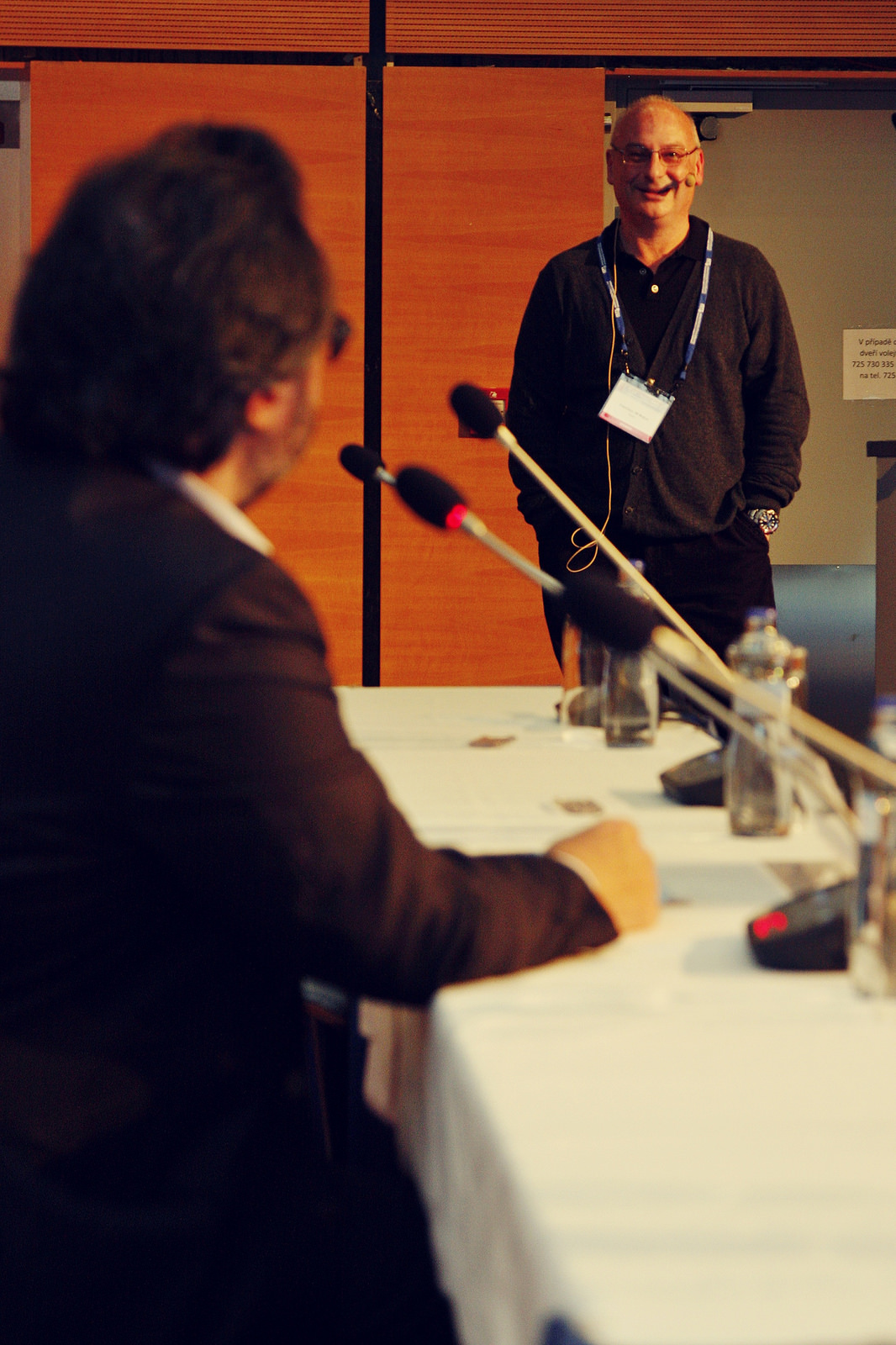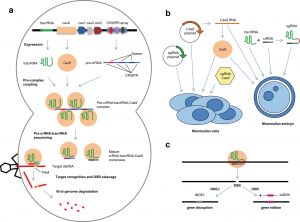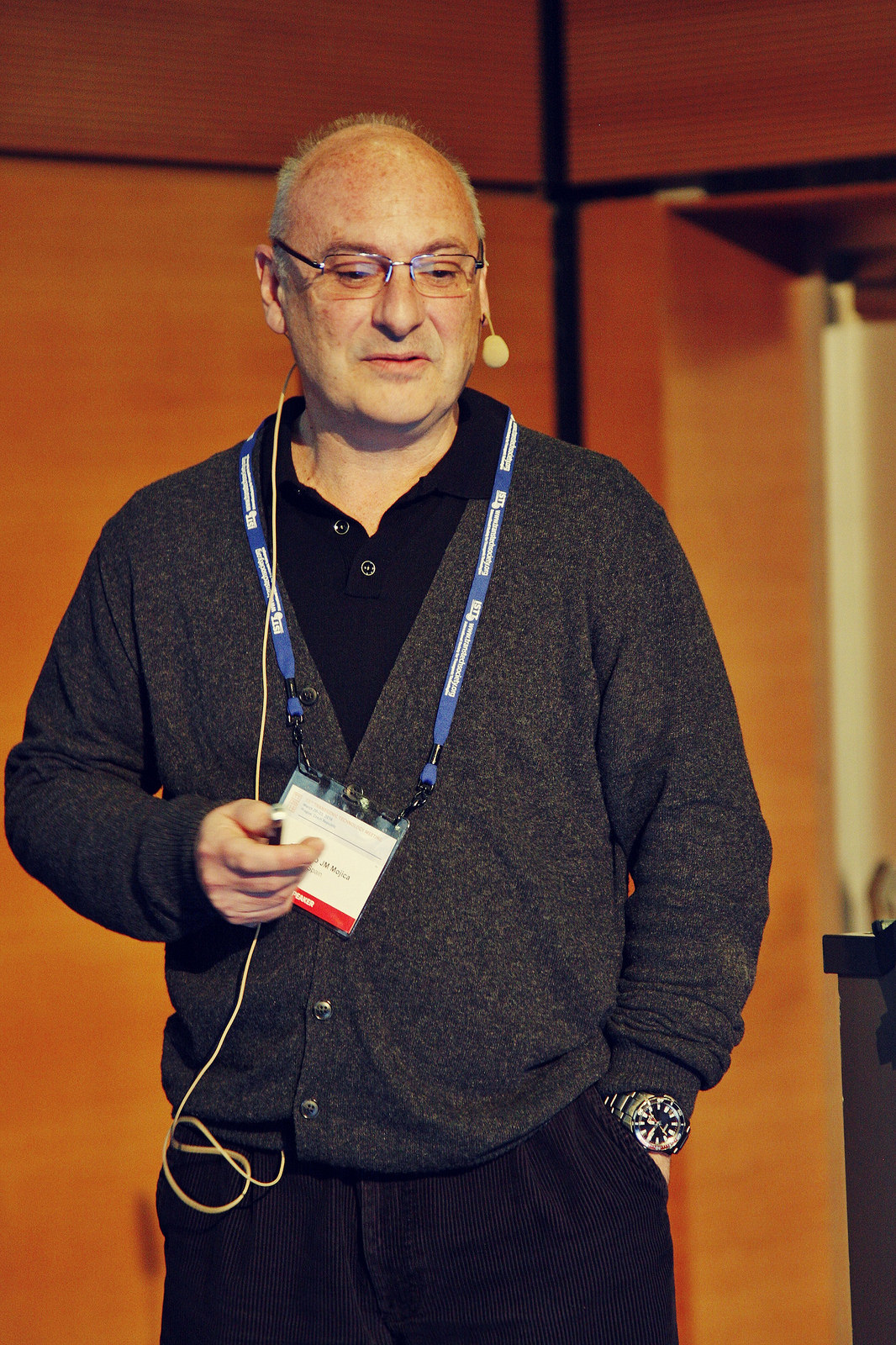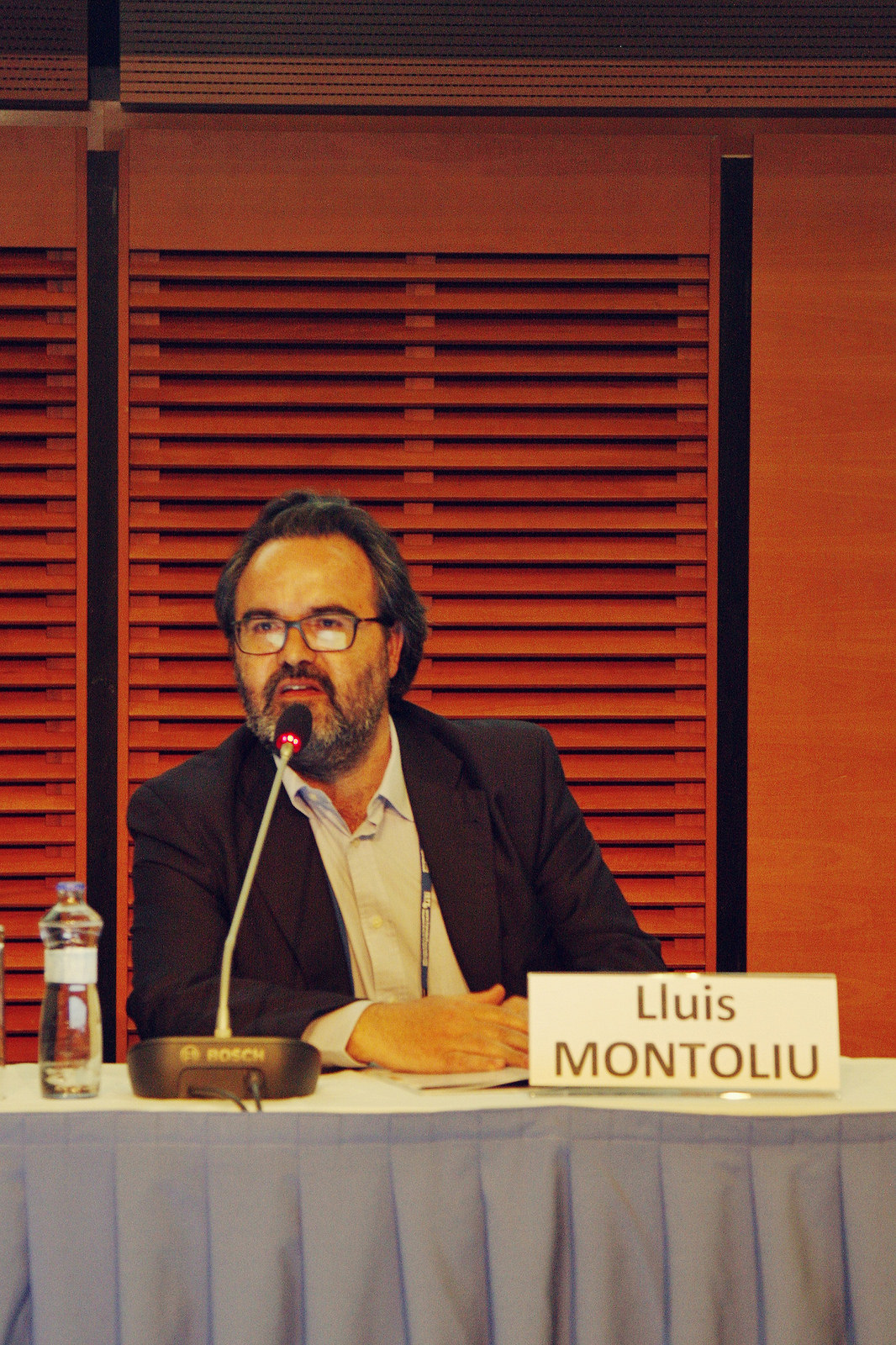In science, on many occasions, great revolutions have their origin in small beginnings. This is the case of CRISPR-Cas genome editing, the most revolutionary technique in recent decades. It was a secret closely guarded by bacteria for millions of years until a microbiologist, Francis Mojica, discovered it.

The article showcases basic science and the work of all microbiologists who studied this bacterial defence system for more than two decades such that, in the last three years, geneticists have been able to use the system for genome editing.
"The CRISPR-Cas system has evolved in bacteria for millions of years. What we use today to benefit mammals is derived from millenia of evolutionary optimization in bacteria, "says Francis Mojica, a microbiologist at the University of Alicante, who discovered CRISPR in archaea and gave the technique its name.
Lluis Montoliu, a scientist at the Centro Nacional de Botecnología of the CSIC (CNB-CSIC) and the Biomedical Research Networking Centre on Rare Diseases (CIBERER). (CIBERER), is a pioneer and a point of reference in Spain in the application of the cut-and-paste genetic technique and remembers the great technical difficulties that have stymied modification of the mammalian genome for decades. "The surprising ease and efficiency of the CRISPR-Cas system is really exciting,” the scientist assures. “But it is important not to forget the origin of this technique –once again, microorganisms and nature placed an innovative solution at our disposal."
In the review, the two researchers recall the history of CRISPR-Cas over the last 20 years, from the first signs of its existence in the late 1980s through the studies that identified it as a bacterial immune defence system against viruses and other infectious elements.
In 2012, the CRISPR-Cas system was first proposed as a tool for high-efficiency gene editing in any organism. "It was then that things really began to accelerate: it drew the attention of genetic engineering experts and in the next three years, the technique shot to fame. It was named discovery of the year in 2015 by the journal Science and was on the front page of newspapers around the world," say the authors.
In these last three years, the CRISPR-Cas tools have revolutionized biology and biomedicine. The technique allows very specific mutations to be produced in the genome of any living being. One of the most important applications is the generation of animal and cell models for the study of human diseases. According to Montoliu, whose studies focus on rare conditions such as albinism, "it is now much easier to reproduce conditions such as albinism in animals, to study their aetiology, seek new methods of early diagnosis and possible treatment."
The authors admit there is still much work to be done, for microbiologists and for geneticists. "There might be similar systems waiting to be discovered in prokaryotes that will facilitate genetic modification of eukaryotic organisms. Perhaps they have already been described, but we still do not know their use. Meanwhile, we must continue working to improve this new tool that can be applied to therapies for human genetic diseases."
- Mojica FJ, Montoliu L On the Origin of CRISPR-Cas Technology: From Prokaryotes to Mammals. Trends Microbiol. 2016 Jul 8. doi: 10.1016/j.tim.2016.06.005








